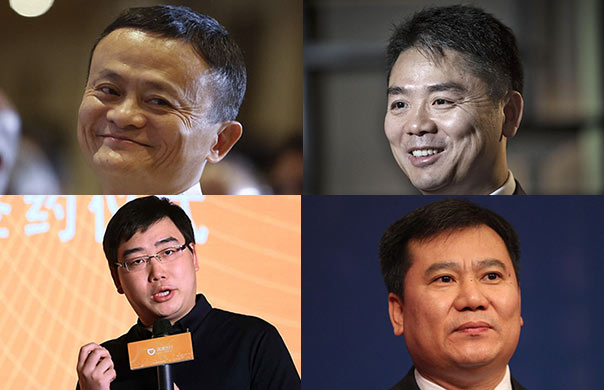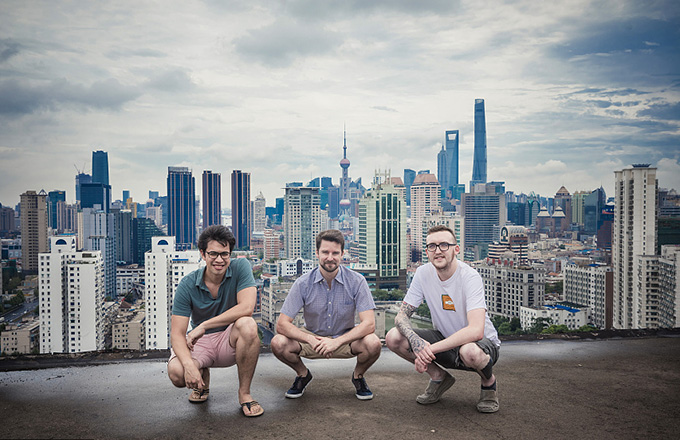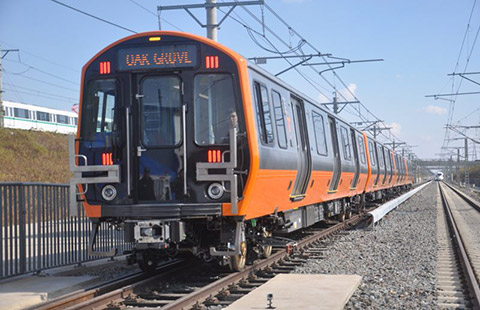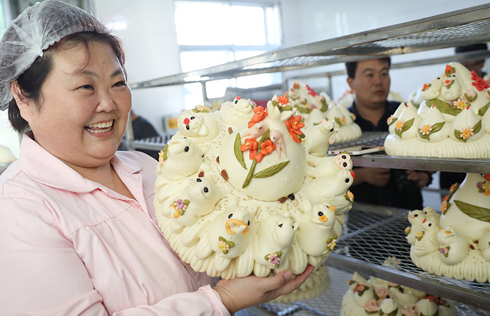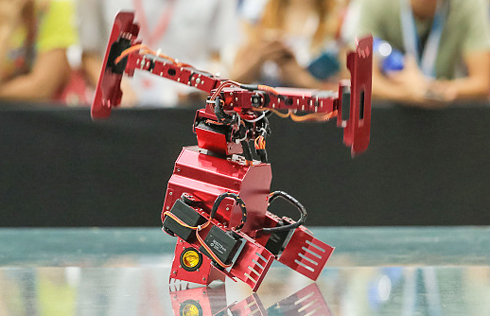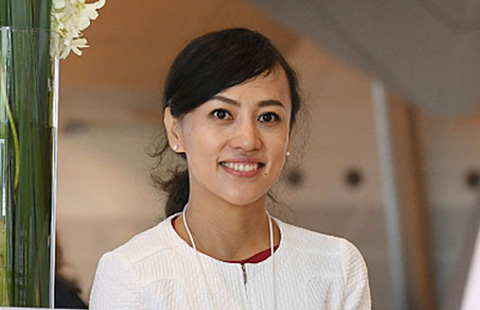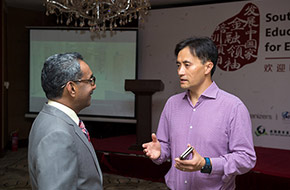China's 'silver economy' continues to grow
CHANGSHA - Li Jiancheng, 76, knows what seniors need when they fall ill.
He has designed an electric care bed, specially designed for elders who have lost the ability to look after themselves. It can help a patient to urinate, wash and have meals, a relief for both patient and carer.
"I did not design this bed for money. I just wanted to produce an affordable product that can make life easier for old people," Li said.
Since the launch of a competition, aimed at products for elderly care, in June, more than 1,400 competitors have submitted over 700 designs.
The products include wheelchairs with umbrellas, equipment to help the elderly stand up, and a robot that can talk, deliver meals and play entertainment shows.
A woman surnamed Yang is interested in a walking stick equipped with an oxygen inhaler.
"My grandpa is over 90 years old. He has a lung problem but loves doing sports, I hope the product can soon enter mass production," she told Xinhua.
An aging China has hastened the rise of a "silver economy." The Ministry of Civil Affairs says the number of elderly citizens aged 60 and above topped 230 million in 2016, 16.7 percent of China's population.
A report from the China Association of Mayors estimates the figure will hit 480 million by 2050. That means one in every four senior citizens in the world will be Chinese.
However, services catering to their needs are severely lacking behind what is needed, and market potential is huge.
"The number of seniors suffering from senile and chronic diseases is increasing, posing strong need for rehabilitation assistance devices, health care products and smart geriatric nursing services," said Zhu Kuanhai with the provincial department of civil affairs in Hunan.
"The consumption power of China's mature service industry is estimated to rise from 4 trillion yuan ($0.6 trillion) now to 106 trillion in 2050, accounting for 33 percent of the total GDP," Zhu added.
As the whole world is going digital, more seniors have resumed learning new skills -- especially online payment.
Alipay, the mobile payment service of e-commerce powerhouse Alibaba, say the number of its users aged above 55 has reached over 10 million.
It says that online payments, online transfers and offline payments using the app are among the most popular of its services used by the elderly.
Those who have difficulties mastering these skills often choose to go back to school.
China has around 60,000 elderly education institutions with more than 7 million students, according to the China Association of Universities for the Aged.
Competition to enter the schools is fierce, sometimes even higher than with extra-curricular tutorial classes for high school students. In some universities, elderly people even queue overnight for a chance to register for a class.
China is moving fast to meet the surging demand of senior citizens.
According to China's development plan for elderly education (2016-2020), every city should have at least one university for the elderly, 50 percent of the towns must set up such schools, while 30 percent of villages should have elderly learning centers by 2020.






